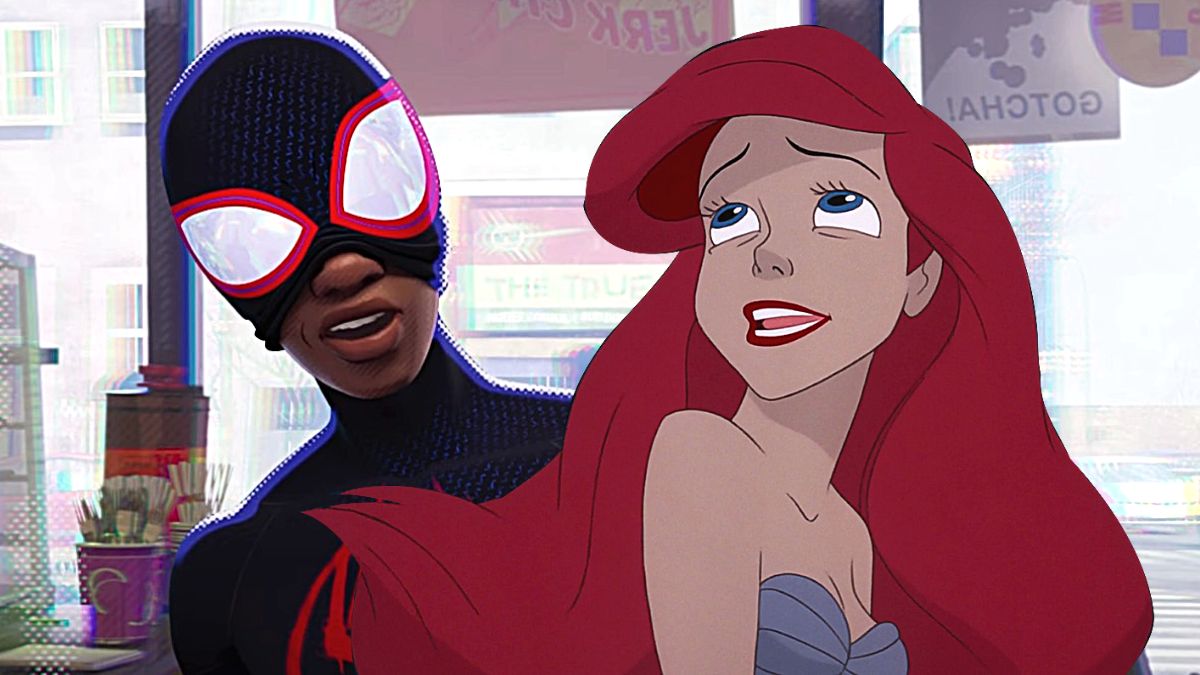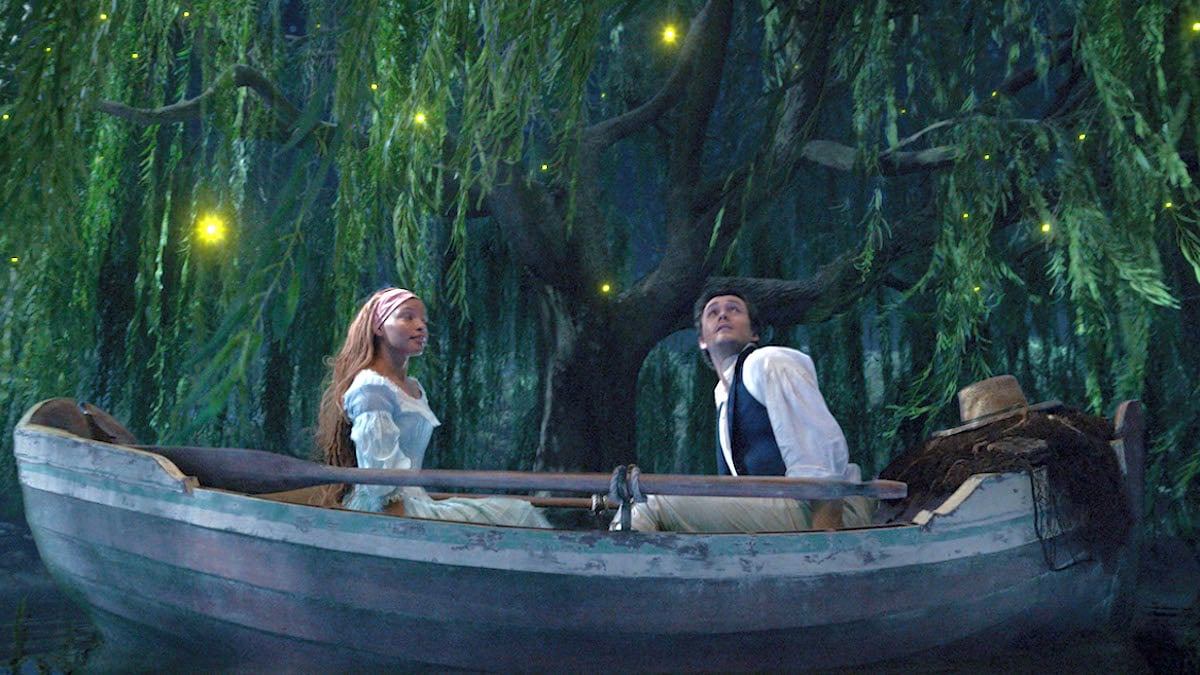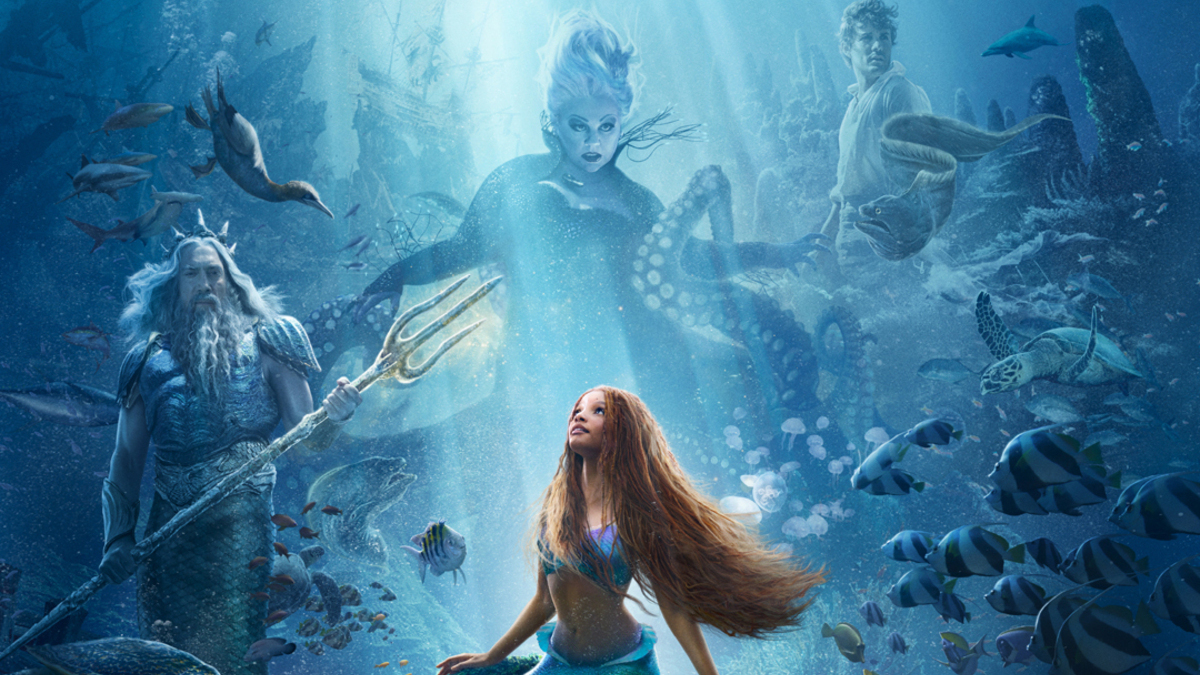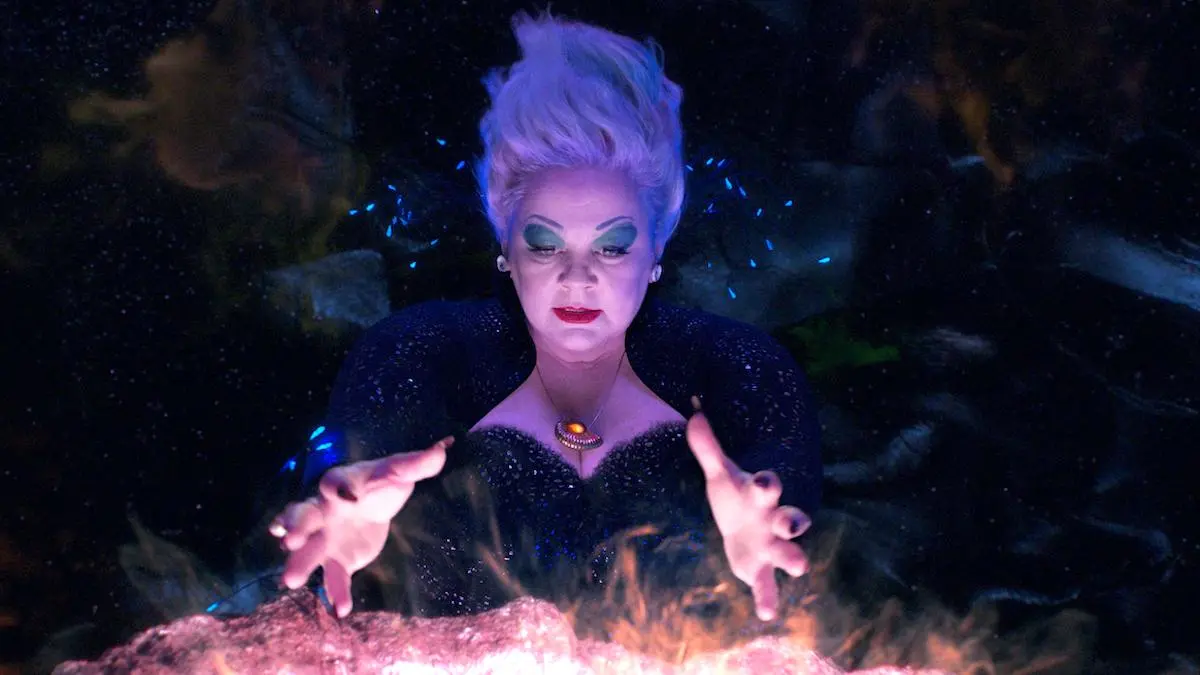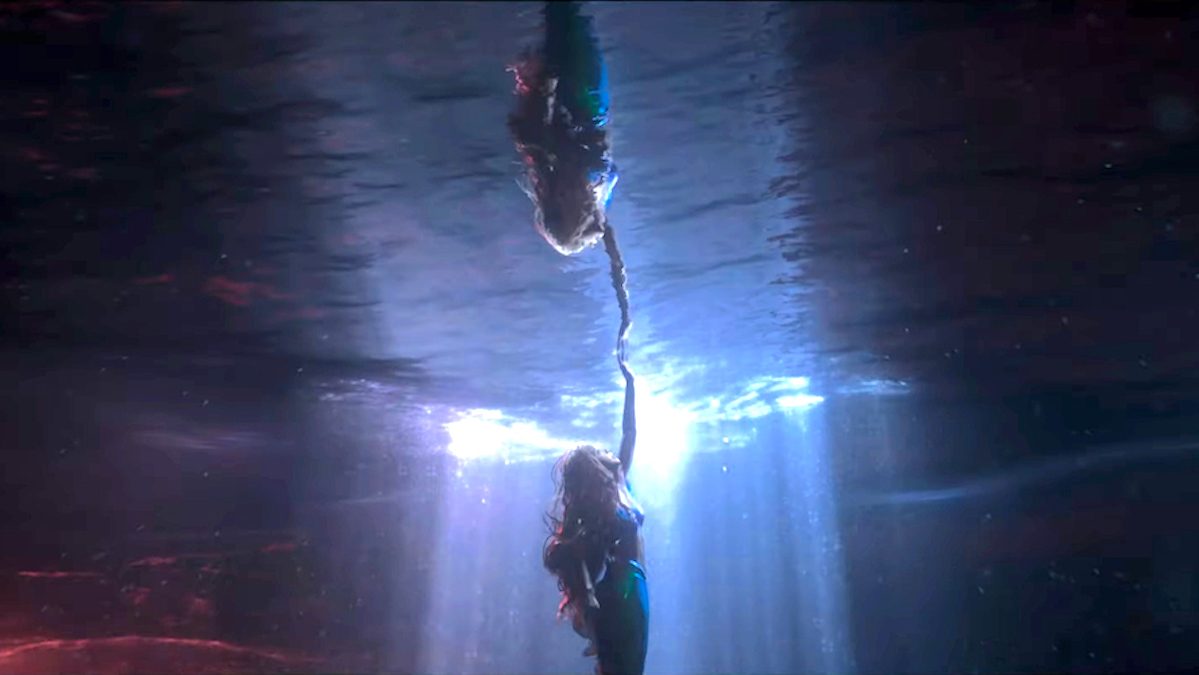“Animation is not a genre for kids. It’s a medium for art, it’s a medium for film, and I think animation should stay in the conversation.”
Guillermo Del Toro
In the space of a week, I got to sit in a theater room to watch The Little Mermaid and Spider-Man: Across the Spider-Verse on the day they premiered, and this sequence of events could not have been more opportune.
While I did find The Little Mermaid to be a worthwhile adaptation of the 1989 original, and we wouldn’t have gotten the gift of Halle Bailey as Ariel without this take, the film is still representative of Disney’s recent strange obsession with turning all its animated classics into live-action. If I had a penny for every time that strategy worked in their favor, I wouldn’t be very rich at all.
Most of the time these remakes are forgettable, sometimes they’re downright awful, and every single time they can’t hold a candle to the success and cultural impact of the originals, or even recent animated efforts by Disney like Frozen, Moana, Encanto, or Pixar’s Coco. The need to produce these films doesn’t even come from an interest in introducing them to a new audience through modern perspectives, because if that was the case, why make a live-action adaptation of 2016’s Moana, which hasn’t even had the time to become a classic?
At their most cynical, Disney’s live-action remakes are cash grabs, but they’re also symptomatic of a wider disrespect for animation as a medium. These classics, which defined a generation and built Disney’s brand as we know it today, are being treated like stepping stones on a path to make “real” cinema. And this is true of the film industry at large. Animation is contained in its own category, rarely allowed a place in the big leagues, no matter how incredible the films are.
Well, Spider-Man: Across the Spider-Verse has something to say about that. Sony Pictures Animation was gentle enough to give Disney a week to state its case for why live-action reimaginings are worth our time, only to completely obliterate the debate with an insanely well-crafted, awe-strikingly designed, and incredibly sensitive animated movie. What better way to prove that animation is just as worthwhile and prestigious as any other form of filmmaking than to deliver a movie of this caliber just days after Disney churned out another remake of one of the most popular animated movies of all time?
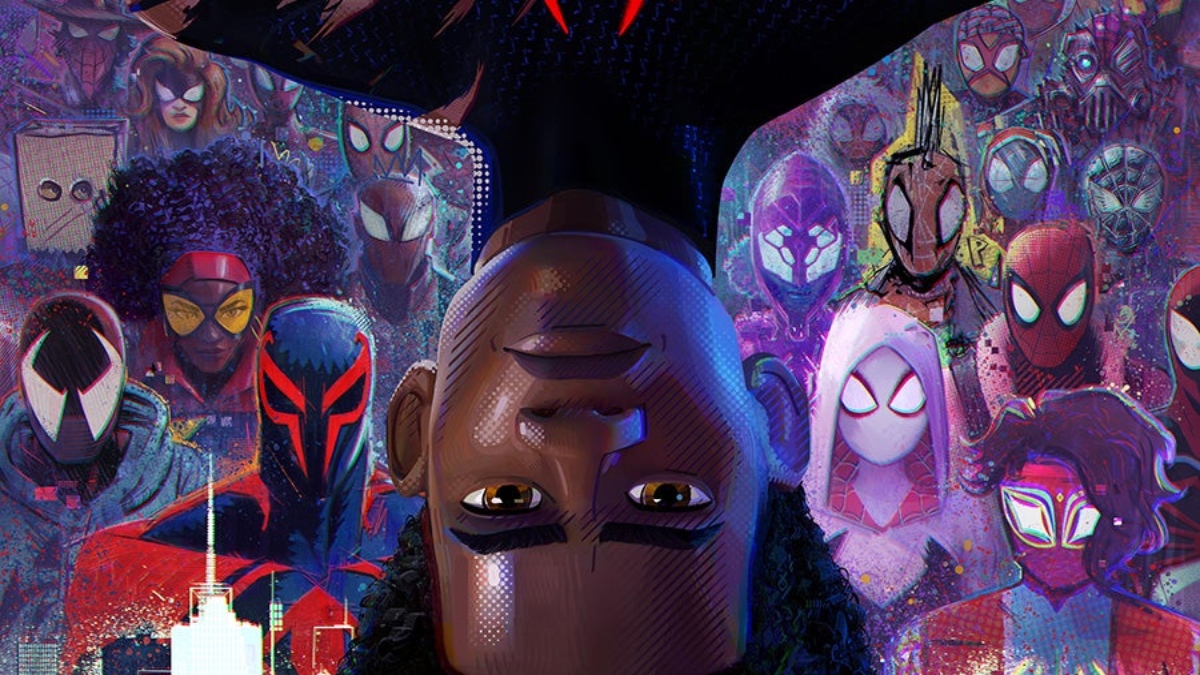
Sony is doing incredible things with a medium that’s freer and more fruitful than any other and yet is often seen as lesser than or, God forbid, a children’s genre. The Spider-Verse films are pushing cinematic boundaries while creating new standards. They’re crafty and ingenious passion-filled projects begging to be seen, heard, and lauded the same way any other film as well-made as they are would be.
The Little Mermaid is great, especially compared to past Disney live-action attempts, but the sheer reason for it to exist is a disservice to a form that has brought the company so much glory and magic in the past. Thankfully, movies like Spider-Man: Across the Spider-Verse are here to remind us that animation is, was, and will always be the most spectacular kind of filmmaking there is.

